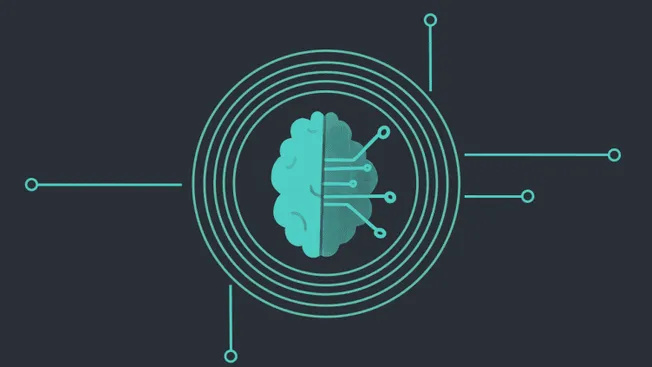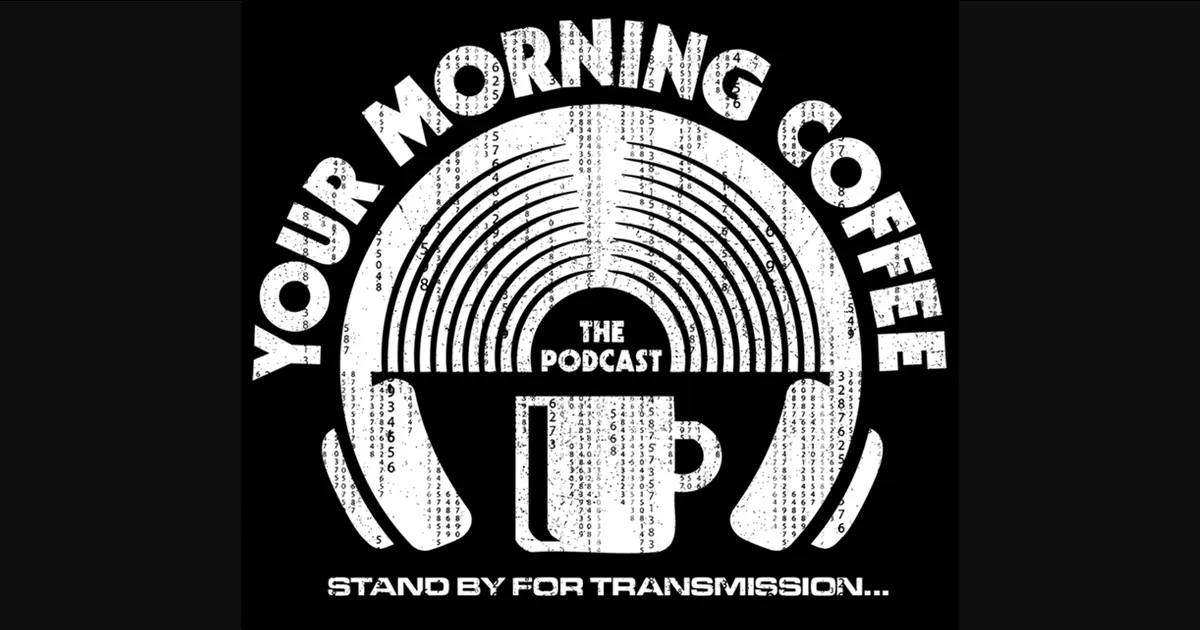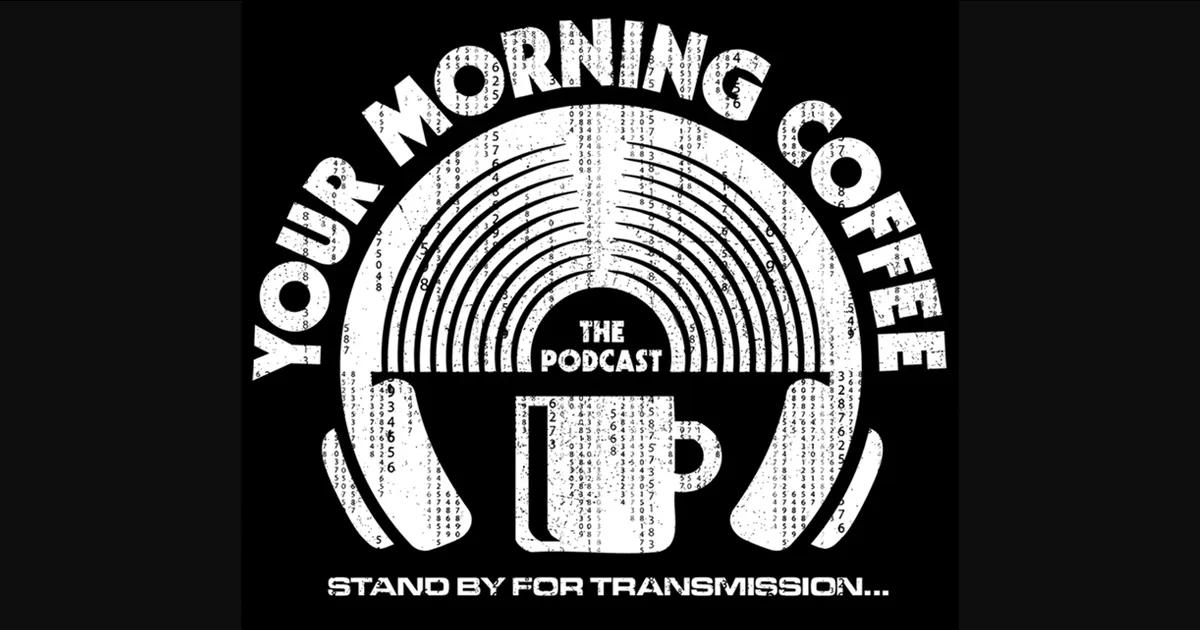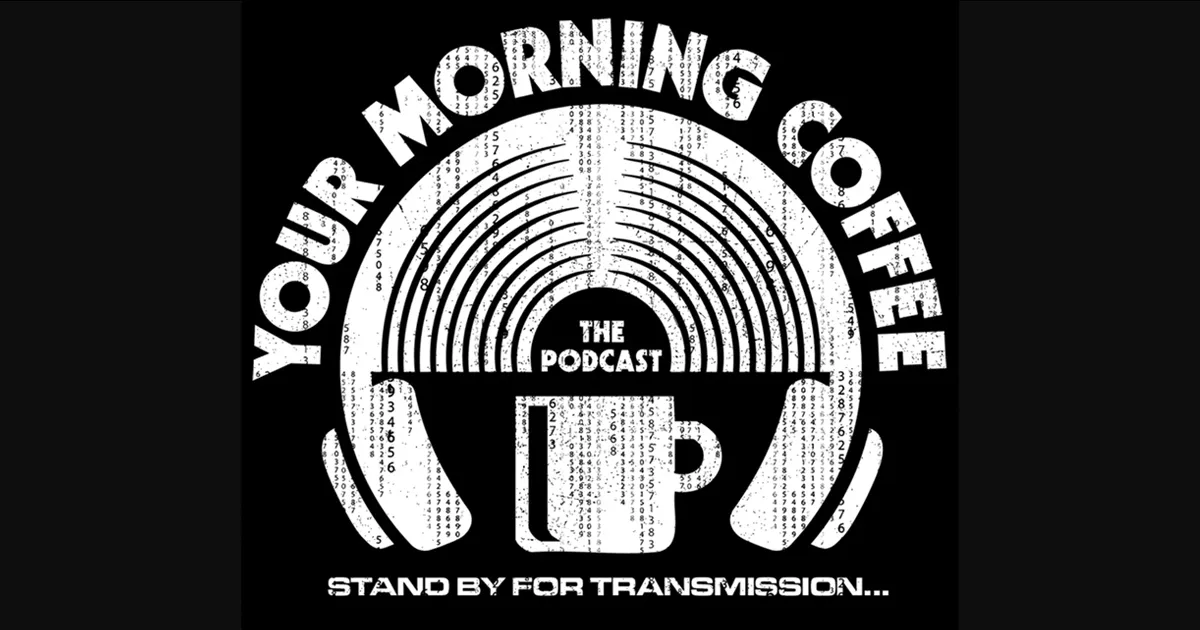Even as the music industry struggles to contain AI-generated music, it’s essential to explore how it can also transform how the business runs from fighting bad actors to rewarding artists for fan engagement, and more.

by veteran music industry executive Tracy Maddux
I’m seeing a lot of conversations out there about the future of AI in music. Many of these are fear-based, and justifiably so. The music industry has been hugely disrupted by technology in the past, and only in the past few years is emerging from a long period of decline brought on by Napster and format shifts at the turn of the century.
When I think about the size of the industry at less than $50 billion in worldwide annual revenues (excluding touring and merch), it really is tiny. In comparison baked goods, you know, croissants and muffins, that’s a half a trillion per year industry. Croissants 10x as valuable as music!? Mon dieux! And technology has been a factor in keeping the industry small.
Adding insult to injury, on an inflation adjusted basis, the music industry is still smaller in revenues than it was in 1999. And as we all know, inflation, the increase in the cost of things, has accelerated in most of the developed world to a rate not experienced since the early 1980s. You know what’s not inflating or getting more expensive for the most part? Streaming music subscriptions. On an inflation adjusted basis, music is getting much cheaper to consume. The same $9.99 per month Spotify subscription you signed up for in 2011 costs about $8 today in inflation adjusted dollars, even lower when you consider the proliferation of family plans.
Editorial note: (Hey Spotify, when you gonna raise your rates?)
One thing that I think most of my industry colleagues agree on is that as ubiquitous as music is in everyday life, it should be more valuable and generate way more in revenues than it currently does. Maybe this is the place to start the conversation about AI in music. How do we harness AI to drive exponentially more value toward the creators and rights holders?
“Keeping the creator (artist, songwriter) happy and producing amazing music and engaging with fans are the key to success in a healthy music industry.”
I don’t care who knows it – I’m a huge Robert Kyncl fan. WMG did absolutely right by its shareholders when it hired Kyncl as its CEO last year. If you haven’t read Streampunks, his seminal work on the power and promise of YouTube, I’d recommend you do. There is something in Kyncl’s DNA that is all about empowering creators (and good things will happen). If I think about the music industry at large and in particular how the major labels have gotten the industry so wrong over the past five decades, it’s a fundamental misunderstanding about who the client is. It’s the creator, not the end consumer. Keeping the creator (artist, songwriter) happy and producing amazing music and engaging with fans are the key to success in a healthy music industry. Robert Kyncl knows this…
When Kyncl stated publicly a week ago that he’d like to start experimenting with royalty models that reward the creators (artists, songwriters) who drive demand rather than passively generate it, I thought he might be onto something. The most regressive ideas I’ve heard from the majors, like two tiers of payment, one for the big three artists and one for everybody else, I find both disgusting and anticompetitive, and likely wouldn’t withstand regulatory scrutiny in the developed economies. But crowdsourcing higher rates based on the popularity of artistic expression has a lot of merit. It’s just really hard to do. And given the immense market concentration of the major labels, it’s not something you could trust a government agency or the majors themselves to do.
This is where AI might come in.
As an industry we’re spending increasing time, technology and resources looking for anomalous consumption, eg, Fraud, Copyright and Streaming Abuse. The technology the DSPs themselves are employing to root out this fraud tax on the industry is getting quite good, and I have to think there is AI tech that is helping them make progress. There are also industry consortia forming that will share amongst one another data on bad actors who abuse rights and platforms. We should think about and tune these technologies to identify and reward legitimate and genuine creator-fan engagement.
“The music is its own reward”
I can tell you from personal experience, all hits do not originate at the major labels and there is no one formula for success. Independent and DIY artists are finding creative new pathways to engage with fans and the result is exponential growth in streams. In the words of Sting, “The music is its own reward,” and these artists are surely earning more. A healthy industry is one that is growing faster and heaping rewards on its best creators as measured objectively by engagement with the content they create.
As an industry, major and independent, we should prioritize using AI powered technology to recognize and reward authentic fan engagement. It’s a good place to start.





